In Cixin Liu’s Supernova Era, Kids Inherit the Earth (for Better or Worse)
Comment number:
10
Advertisement
Showing 8 results
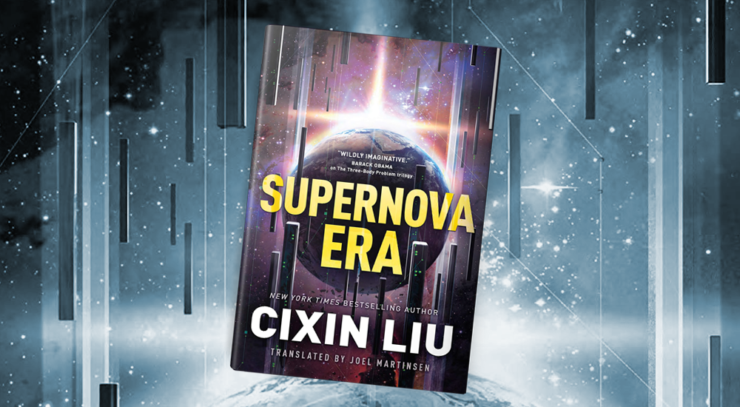
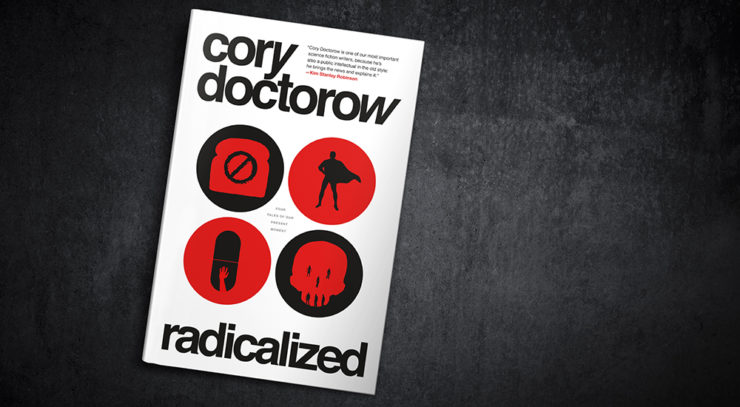
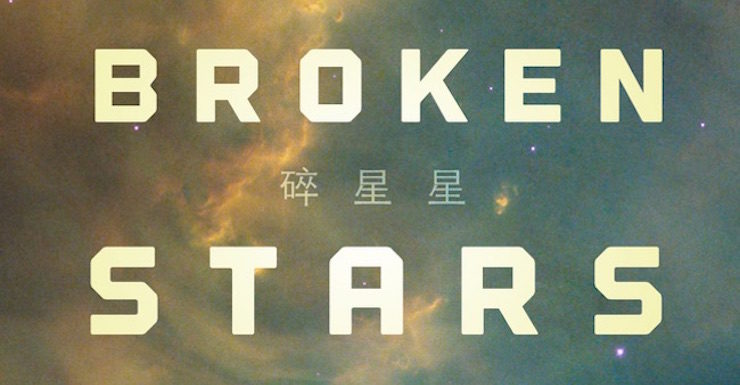
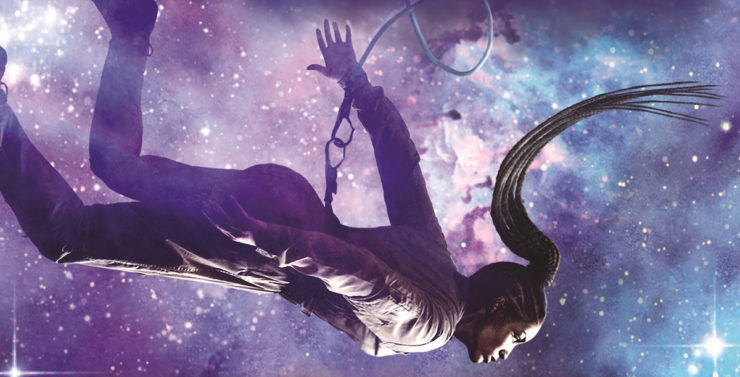

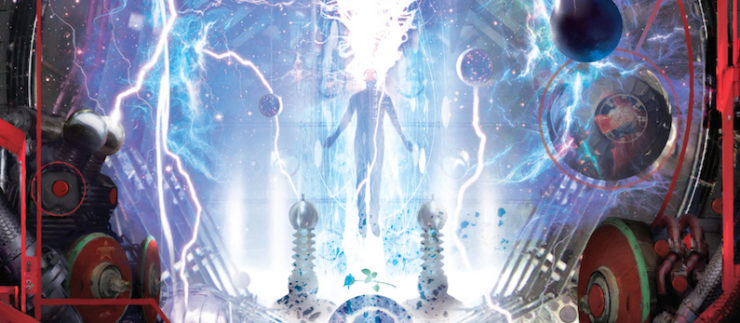

“There is an art to smiling in a way that others will believe. It is always important to include the eyes; otherwise, people will know you hate them.”
N.K. Jemisin, The Fifth Season
For compliance with applicable privacy laws:



